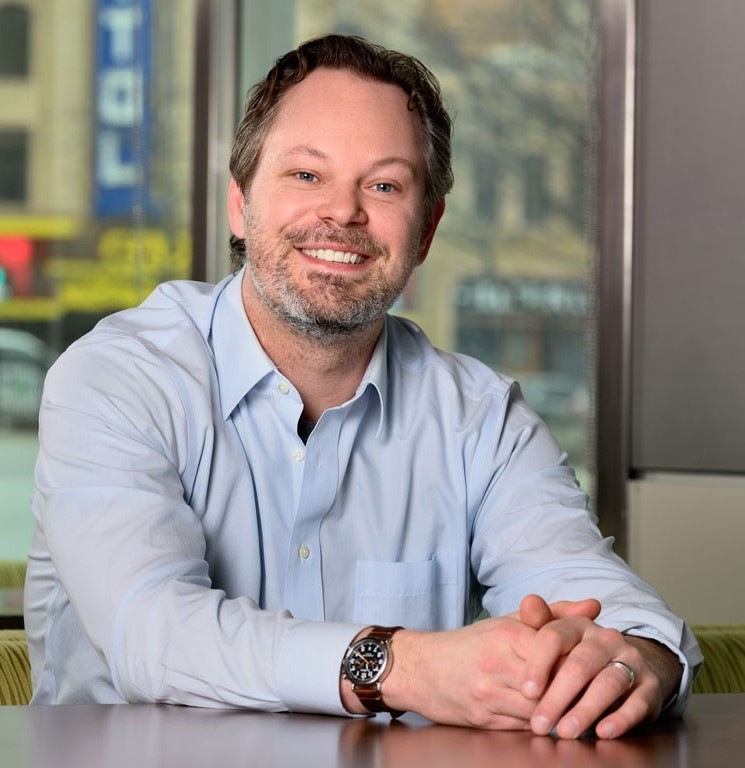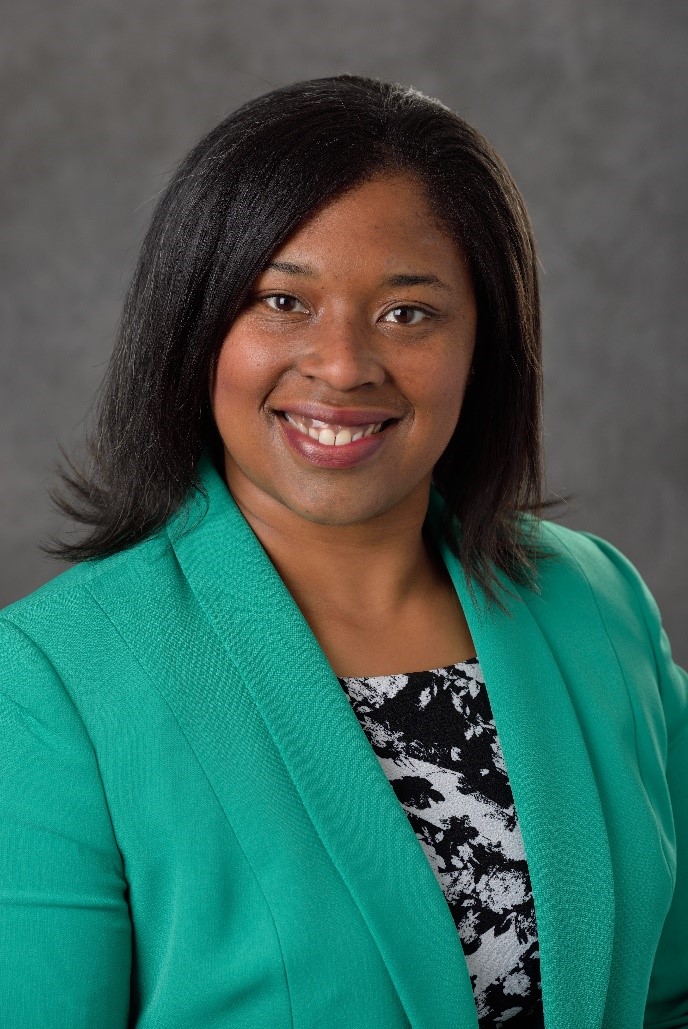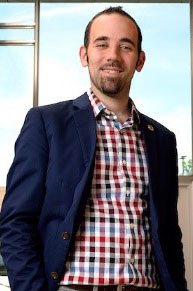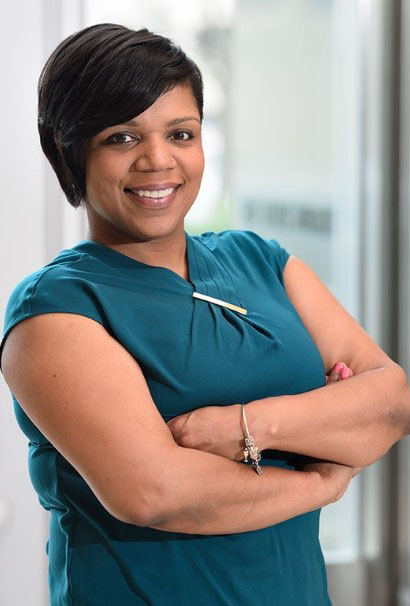|
Integrating Team Science with Health Science Research and Practice
This panel will discuss community-engaged research conducted by faculty in the Division of Public Health at the Michigan State University College of Human Medicine, Flint Campus and the use of team science to promote health equity in Flint, MI and beyond.
Panelists:
- Todd Lucas, Michigan State University
- Health Communication, Perceived Racism, and Colorectal Cancer Screening Disparities: How Can Team Science Help?
- Vicki Johnson-Lawrence, Michigan State University
- Supporting Resiliency and Wellbeing To Overcome Stress and Trauma in Vulnerable Communities: The Role of Team Science
- Rick Sadler, Michigan State University
- Community participatory and interdisciplinary mapping approaches to drive health equity solutions
- Discussant: Debra Furr-Holden, Michigan State University

Dr. Todd Lucas
Michigan State University
|
Todd Lucas, PhD, is a social and health psychologist whose research considers psychosocial causes of racial health disparities. He is focused on stress and preventive health behavior pathways, such as cancer screening. His research especially considers psychological justice - the causes and resulting health and social consequences of perceiving injustice for individuals and communities. His research is both psychophysiological, in considering the ways in which psychosocial factors “get under the skin” to affect health, and also intervention focused, in attempting to develop strategies to reduce disparities. He has received funding from sources such as the National Cancer Institute and the National Heart, Lung and Blood Institute to support his program of research on topics that have ranged from understanding stress reactivity responses to injustice to promoting better uptake of colorectal cancer screening. His Michigan upbringing is a perpetual influence on his approach to conducting research and forging collaborations that can reduce health and social disparities. |

Dr. Vicki Johnson-Lawerence
Michigan State Uiversity
|
Dr. Johnson-Lawrence is a social epidemiologist that uses community-based approaches to address determinants and prevention practices to promote health equity. Her work has expanded from the role of a traditional secondary data-driven epidemiologist to use community-engaged research strategies that inform components of her research, but to also provide a direct context in which the work is applied, modified, and used to promote health improvements through existing health and community systems, with local and community-based organizations, and within the academic context. Her work considers the dynamic nature of psychosocial factors over the life course in relation to chronic disease risk, with a particular focus on co-morbid mental and physical health outcomes (particularly mood/anxiety disorders and cardiovascular disease risk factors) exacerbated by chronic stress, and strategies to address these conditions in vulnerable communities.
|

Dr. Rick Sadler
Michigan State University
|
Dr. Rick Sadler a Flint, MI native and urban geographer with expertise in environmental science, GIS, food systems planning, and land use policy in legacy cities. He attended the University of Michigan-Flint (BSc, 2007) to pursue his life-long dream of becoming a cartographer, and later attended graduate school in the Department of Geography at the University of Western Ontario (PhD, 2013) where he was immersed in the Canadian system of urban planning. His experiences growing up in the Flint region--where industrial growth, subsequent deindustrialization, and fragmented planning practices have had a profound influence on the built form--shaped his drive to resolve inequalities that arise from imbalances between the salutogenic and pathogenic properties of urban areas. His research interests reflect this concern and include an integration of urban planning and public health topics related to neighborhood/built environmental effects on health.
|

Dr. Debra Furr-Holden
Discussant: Michigan State University
|
Dr. Debra Furr-Holden is an epidemiologist with expertise in addiction epidemiology, prevention science, psychosocial measurement and behavioral health equity research, interventions and policy. Her research focusees on developing environmental strategies, structural and policy interventions to promote behavioral health and health equity. Dr. Furr-Holden’s community-based, action-oriented research has been well received by community stakeholders and drove multiple policy interventions to address some of the nation’s greatest public health challenges, with a special emphasis on health equity and policy-level interventions. Her research is grounded in the rubrics of epidemiology and consistent with principles and practices for understanding social determinants of health and health equity. She is a C.S. Mott Endowed Professor of Public Health and the Interim Director at the Michigan State University College of Human Medicine Division of Public Health. She is also the Director of the National Institute on Minority Health and Health Disparities funded Flint Center for Health Equity Solutions.
|
SciTS Presentation: MSU Division of Public Health: A Community-Partnered Approach to Improve Public Health, Supporting Resiliency and Wellbeing to Overcome Stress and Trauma in Vulnerable Communities: The Role of Team Science, Community Participatory and Interdisciplinary Mapping Approaches to Drive Health Equity Solutions, Health Communication, Perceived Racism, and Colorectal Cancer Screening Disparities: How Can Team Science Help?
|





